At five years, Jehangir, the son of industrialist Ratanji Dadabhoy Tata, was captivated by airplanes.
Today marks the 120th birth anniversary of Jehangir Ratanji Dadabhoy Tata, popularly known as JRD Tata and the Father of Indian Civil Aviation. JRD Tata's passion for flying and his pioneering efforts in aviation left a lasting legacy. Even after the government took control of Air India, JRD remained its chairman, underscoring his dedication to the airline he founded.
At five years old, Jehangir, the son of industrialist Ratanji Dadabhoy Tata, was captivated by airplanes. During summer vacations in Northern France, he eagerly watched Adolph Pegoud, the chief pilot of Louis Bleriot—the first man to fly across the English Channel in 1909—land planes on the beach.
By the age of 15, JRD Tata was determined to become a pilot and pursue a career in aviation. However, it wasn't until nine years later, when a flying club opened in Bombay, that he could chase his dream. At 24, he rushed to obtain his flying license. Though many registered before him, JRD was the first to pass the flying test. On February 10, 1929, he received his commercial aviator's certificate, proudly bearing the 'No. 1' tag.
That same year, JRD Tata set out to revolutionise India's aviation sector by establishing the country's first airline, Tata Air Service, which later became Air India. Utilising his aviator license, JRD piloted Air India's inaugural flight on October 15, 1932, marking the beginning of a new era in Indian civil aviation.
During his tenure at the Tata Group, JRD Tata initiated 14 new companies, including successful ventures like TCS, Tata Motors, Tata Salt, Tata Global Beverages, and Titan. In 1956, JRD established the Tata Administrative Service (TAS), modelled after the Indian Administrative Service (IAS), with the aim of training young talents within the Tata Group for leadership roles.
JRD Tata made numerous contributions to the welfare of his employees and their families. He was the first to introduce the concept of an 8-hour workday and pioneered free medical services and a provident fund scheme for employees. He also initiated compensation for workers in the event of an accident.
JRD Tata played a significant role in the field of education. In 1936, he founded the Tata Institute of Social Sciences (TISS). This was followed by the establishment of the Tata Institute of Fundamental Research (TIFR) in 1945, and the National Centre for the Performing Arts. Recognizing the potential of computers half a century ago, he founded Tata Consultancy Services (TCS) as the Tata Computer Centre in 1968. Today, TCS is India's largest IT company and the second-largest in market capitalization after Reliance. In 1987, he founded Titan.
JRD Tata passed away on November 29, 1993, in a hospital in Geneva. To date, he is the only industrialist to be awarded the Bharat Ratna, India's highest civilian honor, which he received in 1992.
![submenu-img]() 'I’ve done my part...': CSK star all-rounder bids adieu to international cricket
'I’ve done my part...': CSK star all-rounder bids adieu to international cricket![submenu-img]() Former Indian football team head coach Igor Stimac set to receive Rs 33600000 from AIFF as...
Former Indian football team head coach Igor Stimac set to receive Rs 33600000 from AIFF as...![submenu-img]() Lucknow building collapse: Police lodged FIR against owner as death toll rises to 8
Lucknow building collapse: Police lodged FIR against owner as death toll rises to 8![submenu-img]() Nicole Kidman skips receiving Best Actress award at Venice Film Festival due to her mother's death: 'I am in shock'
Nicole Kidman skips receiving Best Actress award at Venice Film Festival due to her mother's death: 'I am in shock'![submenu-img]() Asian Hockey Champions Trophy: Defending champions India beat China 3-0 in campaign opener
Asian Hockey Champions Trophy: Defending champions India beat China 3-0 in campaign opener![submenu-img]() Rajnath Singh की पाकिस्तान को दो टूक, 'पड़ोसी से बातचीत होनी चाहिए, लेकिन हम...'
Rajnath Singh की पाकिस्तान को दो टूक, 'पड़ोसी से बातचीत होनी चाहिए, लेकिन हम...'![submenu-img]() रेसलर बजरंग पूनिया को मिली जान से मारने की धमकी, मैसेज में लिखा-'कांग्रेस छोड़ दो, ये हमारी पहली और आखिरी चेतावनी है'
रेसलर बजरंग पूनिया को मिली जान से मारने की धमकी, मैसेज में लिखा-'कांग्रेस छोड़ दो, ये हमारी पहली और आखिरी चेतावनी है'![submenu-img]() Bihar Politics: बिहार की राजनीति में फिर होने वाला है खेला? नीतीश कुमार की सफाई में छिपे हैं संकेत
Bihar Politics: बिहार की राजनीति में फिर होने वाला है खेला? नीतीश कुमार की सफाई में छिपे हैं संकेत![submenu-img]() AFG vs NZ Test: अफगानिस्तान-न्यूजीलैंड टेस्ट मैच में फ्री में होगी फैंस की एंट्री, जानें कहां से मिलेगा मुफ्त में टिकट
AFG vs NZ Test: अफगानिस्तान-न्यूजीलैंड टेस्ट मैच में फ्री में होगी फैंस की एंट्री, जानें कहां से मिलेगा मुफ्त में टिकट![submenu-img]() दिल��्ली शराब घोटाले में CBI ने आखिरी चार्जशीट रखी सामने, केजरीवाल के शामिल होने को लेकर दी बड़ी जानकारी
दिल��्ली शराब घोटाले में CBI ने आखिरी चार्जशीट रखी सामने, केजरीवाल के शामिल होने को लेकर दी बड़ी जानकारी![submenu-img]() Jawa 42 FJ vs Royal Enfield Classic 350: Price, engine, specs compared
Jawa 42 FJ vs Royal Enfield Classic 350: Price, engine, specs compared ![submenu-img]() Bhavish Aggarwal’s Ola Electric set to challenge Mahindra, Bajaj as his company plans to launch…
Bhavish Aggarwal’s Ola Electric set to challenge Mahindra, Bajaj as his company plans to launch…![submenu-img]() Skoda-Auto Volkswagen India to invest Rs 15000 crore to set up EV plant in…
Skoda-Auto Volkswagen India to invest Rs 15000 crore to set up EV plant in…![submenu-img]() Hyundai Venue E+ with electric sunroof launched in India; price starts at Rs…
Hyundai Venue E+ with electric sunroof launched in India; price starts at Rs…![submenu-img]() DNA Auto Awards 2024: Maruti Suzuki Swift nominated for ‘CAR OF THE YEAR’; check price, features
DNA Auto Awards 2024: Maruti Suzuki Swift nominated for ‘CAR OF THE YEAR’; check price, features![submenu-img]() Meet woman, who got separated from her son, cracked UPSC exam to become IAS officer with AIR 2, she is...
Meet woman, who got separated from her son, cracked UPSC exam to become IAS officer with AIR 2, she is...![submenu-img]() Meet man, who cracked UPSC exam with AIR 646, became IPS officer, now suspended due to...
Meet man, who cracked UPSC exam with AIR 646, became IPS officer, now suspended due to...![submenu-img]() Marksheet of IAS Sonal Goel goes viral on social media, check her UPSC exam scores in different subjects
Marksheet of IAS Sonal Goel goes viral on social media, check her UPSC exam scores in different subjects![submenu-img]() Meet woman, who cracked UPSC exam at the age 22, became IAS officer, secured AIR 51, she is...
Meet woman, who cracked UPSC exam at the age 22, became IAS officer, secured AIR 51, she is...![submenu-img]() Meet IIT topper who left corporate job to become IAS officer, failed four times in UPSC exam, he is...
Meet IIT topper who left corporate job to become IAS officer, failed four times in UPSC exam, he is...![submenu-img]() Mumbai: Fire Breaks Out At Times Tower In Mumbai, 9 Fire Units Deployed
Mumbai: Fire Breaks Out At Times Tower In Mumbai, 9 Fire Units Deployed![submenu-img]() 'Dharavi Project Is About Restoring Dignity...', Says Gautam Adani | Dharavi Redevelopment Project
'Dharavi Project Is About Restoring Dignity...', Says Gautam Adani | Dharavi Redevelopment Project![submenu-img]() Kolkata Doctor Case: CBI Visits RG Kar, Seizes Documents On Funds Used During Sandip Ghosh’s Tenure
Kolkata Doctor Case: CBI Visits RG Kar, Seizes Documents On Funds Used During Sandip Ghosh’s Tenure![submenu-img]() Giriraj Singh Attacked: Union Minister Giriraj Singh Assaulted In Begusarai, Bihar; Accused Arrested
Giriraj Singh Attacked: Union Minister Giriraj Singh Assaulted In Begusarai, Bihar; Accused Arrested![submenu-img]() Haryana Assembly Election 2024: Haryana Assembly Election Date Changed, Check Details Here
Haryana Assembly Election 2024: Haryana Assembly Election Date Changed, Check Details Here![submenu-img]() Meet Indian man, who is likely to become world's 2nd trillionaire after Elon Musk, has net worth of...
Meet Indian man, who is likely to become world's 2nd trillionaire after Elon Musk, has net worth of...![submenu-img]() Ratan Tata's company invests Rs 950 crore in this firm, plans to build...
Ratan Tata's company invests Rs 950 crore in this firm, plans to build...![submenu-img]() Meet Indian genius who established 10 famous brands, built Rs 10000 crore company, not from IIT, IIM, runs iconic...
Meet Indian genius who established 10 famous brands, built Rs 10000 crore company, not from IIT, IIM, runs iconic...![submenu-img]() Meet man who earns over Rs 11 crore monthly, highest-paid executive in Indian company, he is Ratan Tata's...
Meet man who earns over Rs 11 crore monthly, highest-paid executive in Indian company, he is Ratan Tata's...![submenu-img]() Meet woman, an Indian, who is CEO of Rs 55683 crore company in US, her business is...
Meet woman, an Indian, who is CEO of Rs 55683 crore company in US, her business is...![submenu-img]() From getting secretly engaged to becoming parents to baby girl: A look at Deepika Padukone, Ranveer Singh's love story
From getting secretly engaged to becoming parents to baby girl: A look at Deepika Padukone, Ranveer Singh's love story![submenu-img]() 6 reasons why you should buy Volkswagen Virtus
6 reasons why you should buy Volkswagen Virtus![submenu-img]() Apple to Amazon: First products launched by big tech giants
Apple to Amazon: First products launched by big tech giants![submenu-img]() Made in Rs 82 crore, this superstar's film crashed after bumper opening, debutant actress left Bollywood, film earned...
Made in Rs 82 crore, this superstar's film crashed after bumper opening, debutant actress left Bollywood, film earned...![submenu-img]() This film won five National Awards, hero acted for free; Manoj Bajpayee was first choice for villain, was replaced by...
This film won five National Awards, hero acted for free; Manoj Bajpayee was first choice for villain, was replaced by...![submenu-img]() Lucknow building collapse: Police lodged FIR against owner as death toll rises to 8
Lucknow building collapse: Police lodged FIR against owner as death toll rises to 8![submenu-img]() Weather Update: Heavy rain continues to lash Rajasthan, IMD issues yellow, orange alerts for several parts till this day
Weather Update: Heavy rain continues to lash Rajasthan, IMD issues yellow, orange alerts for several parts till this day![submenu-img]() 'Ready for dialogue with Pakistan if...': Defence Minister Rajnath Singh in J-K election rally
'Ready for dialogue with Pakistan if...': Defence Minister Rajnath Singh in J-K election rally![submenu-img]() Bangladesh plans to extradite ex-PM Sheikh Hasina from India, put her on trial for….
Bangladesh plans to extradite ex-PM Sheikh Hasina from India, put her on trial for….![submenu-img]() Haryana Assembly Polls: AAP MP Raghav Chadha gives big update on AAP-Congress alliance, says, ‘both parties trying to..'
Haryana Assembly Polls: AAP MP Raghav Chadha gives big update on AAP-Congress alliance, says, ‘both parties trying to..'












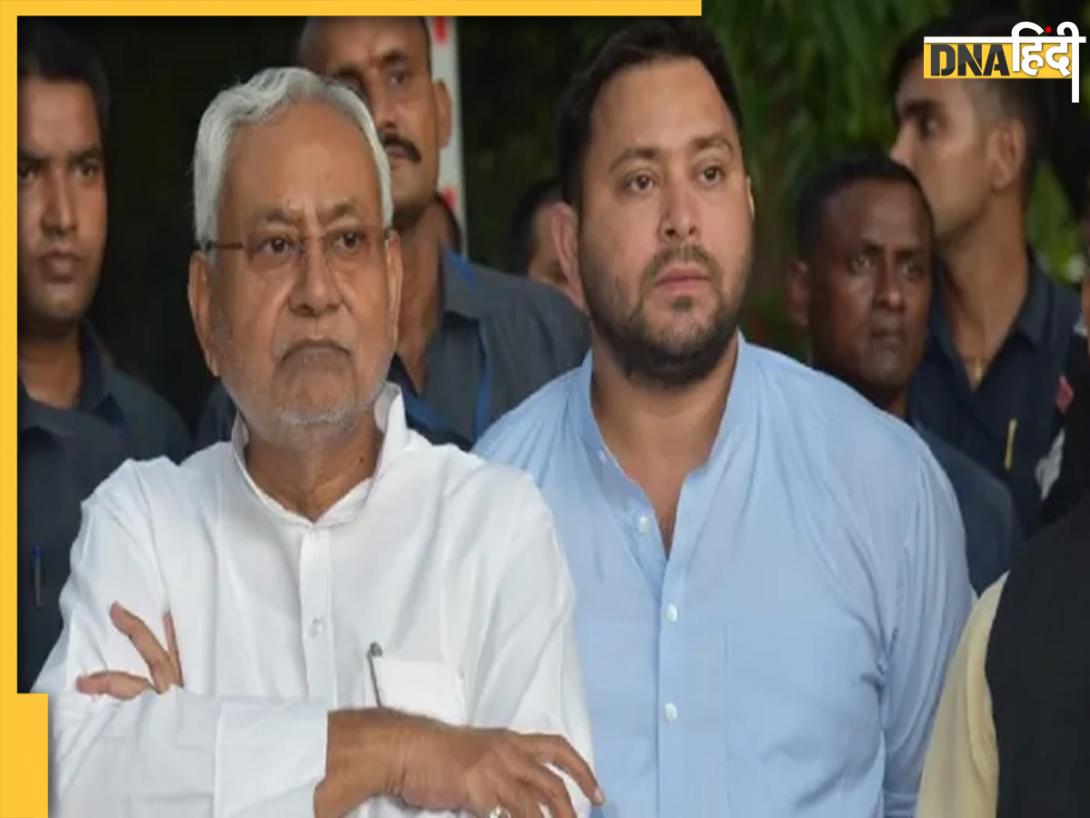
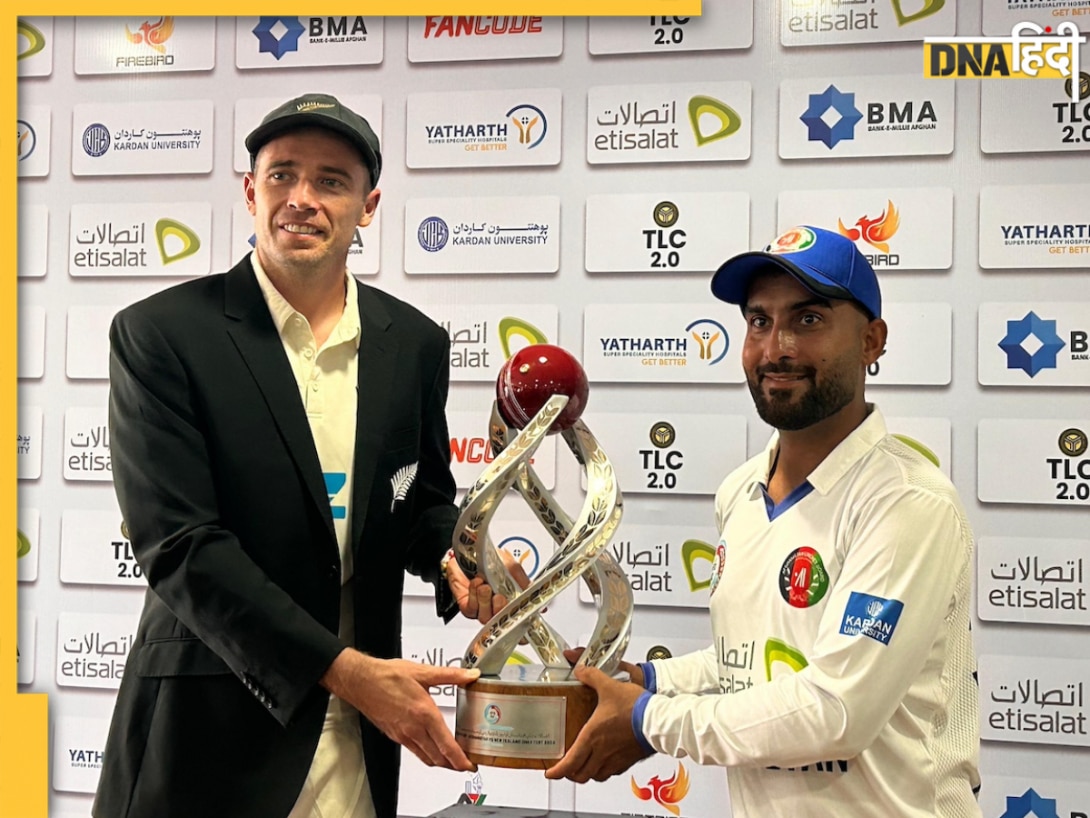
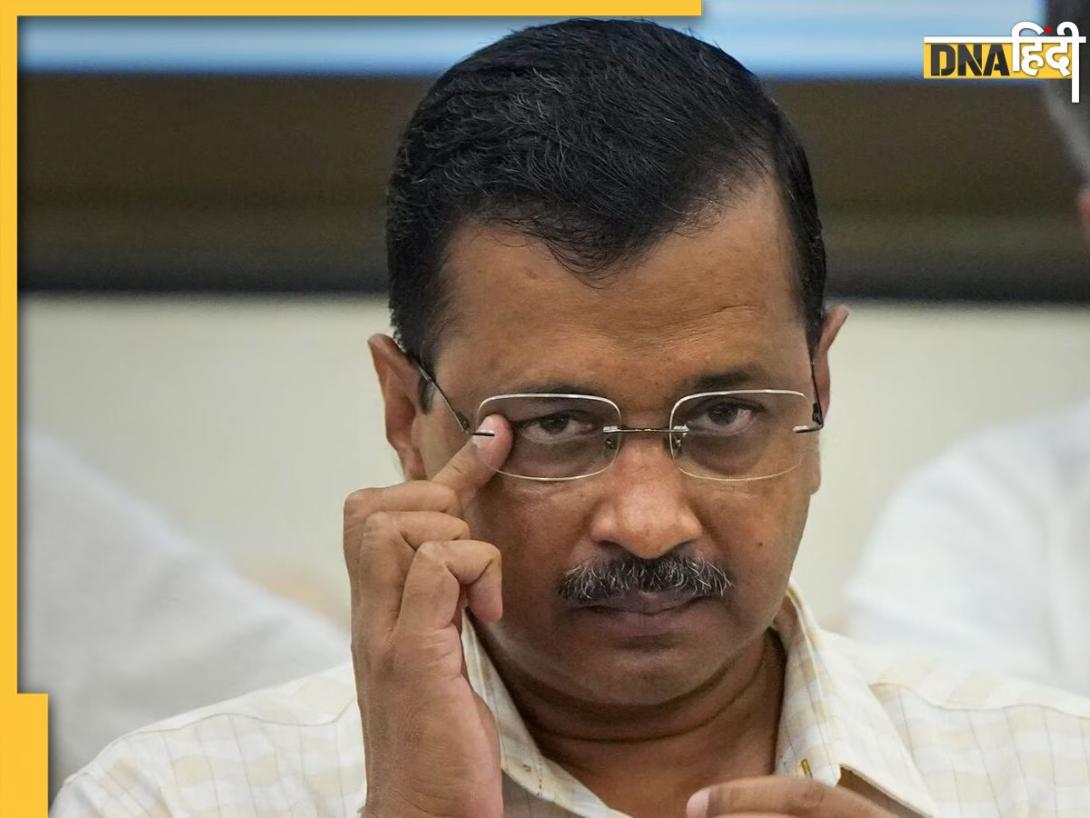

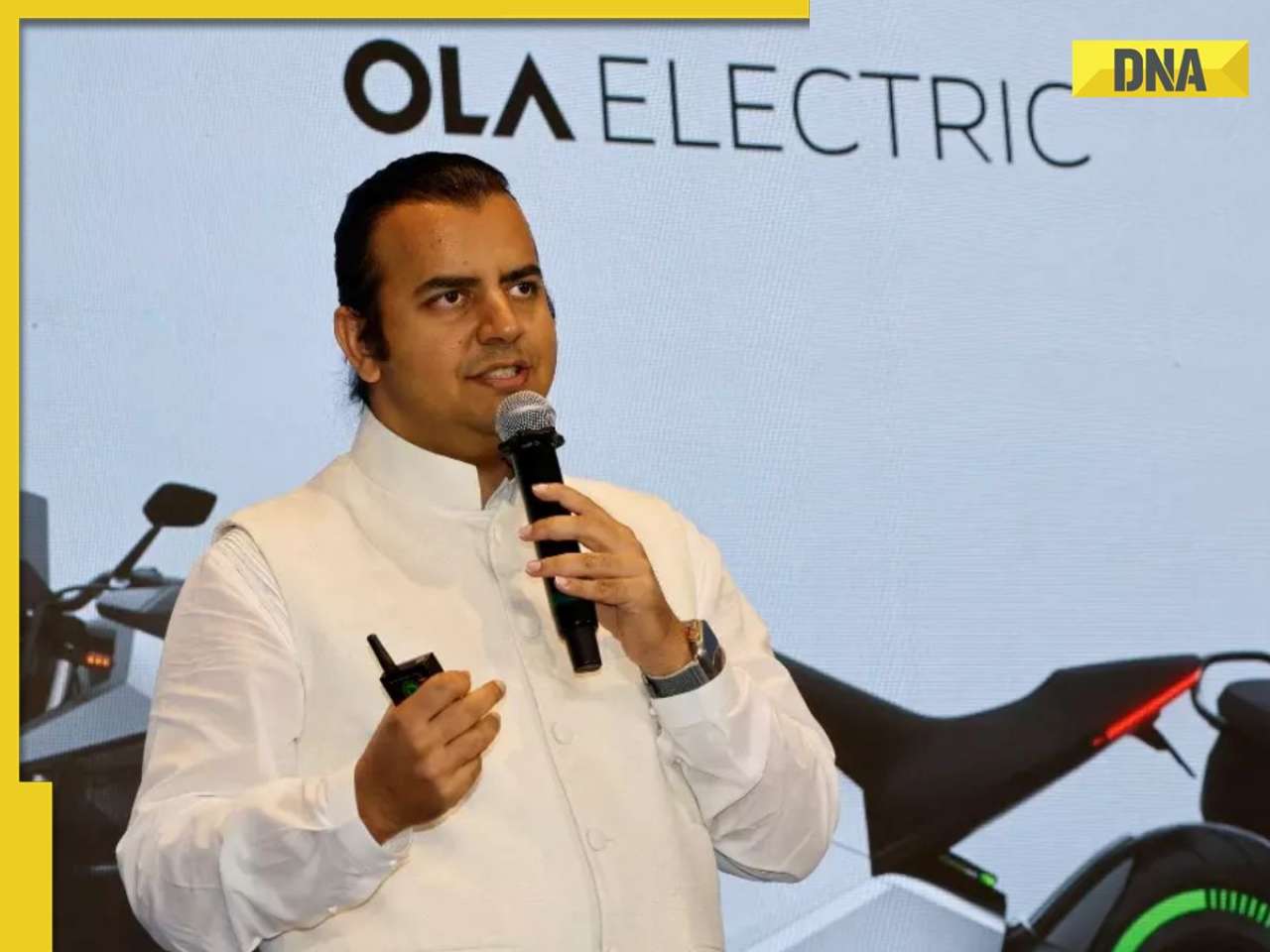




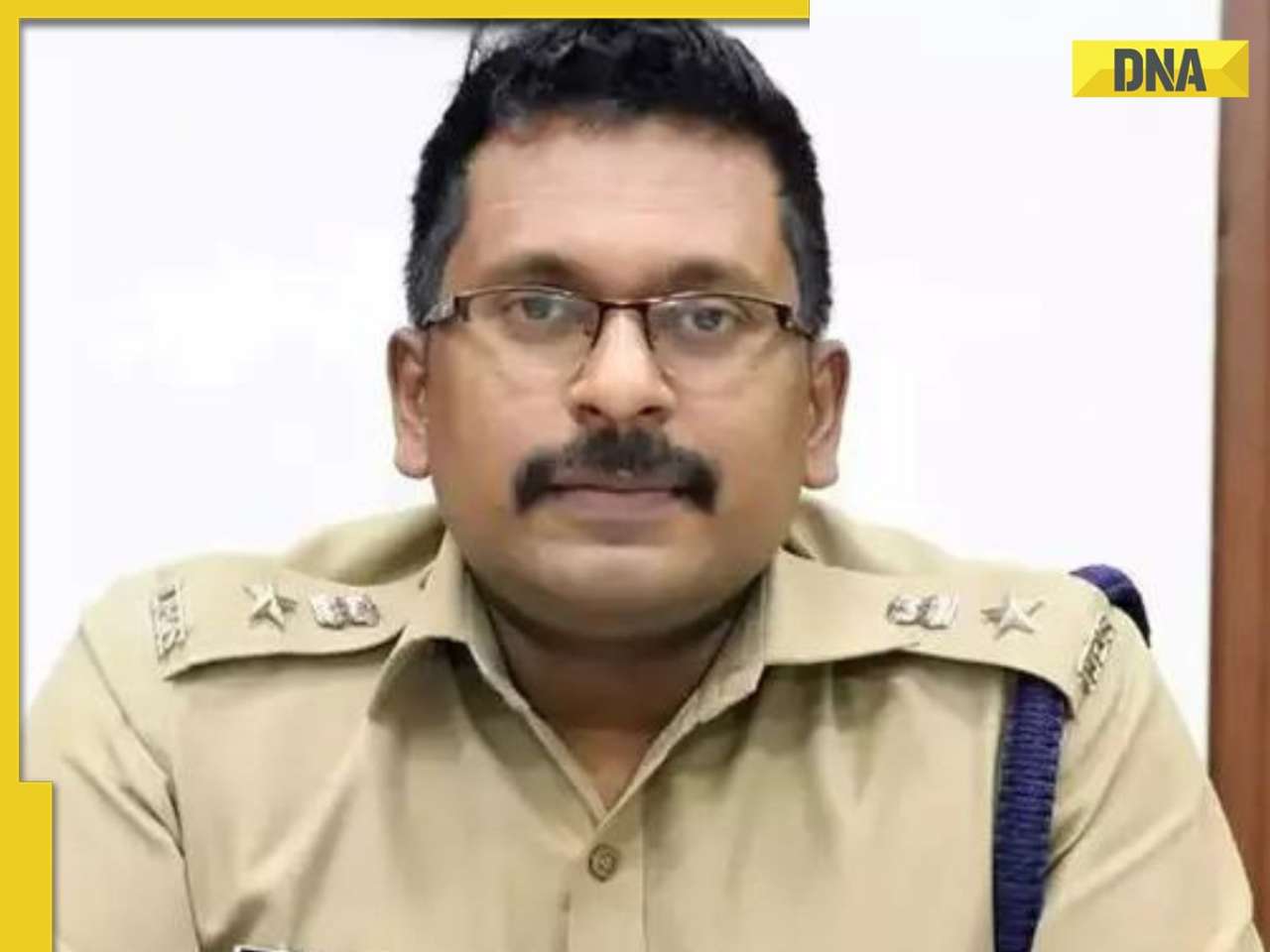


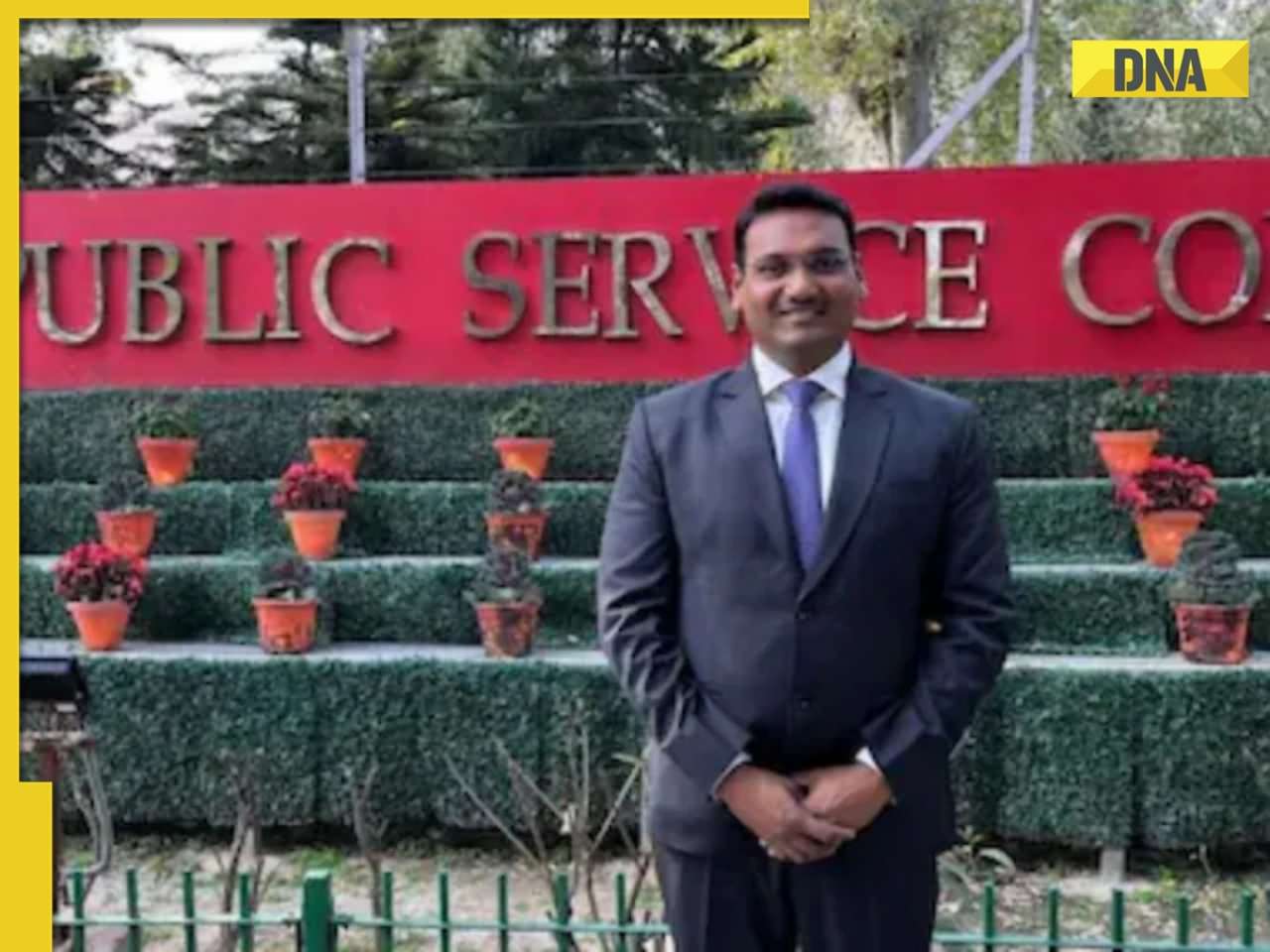
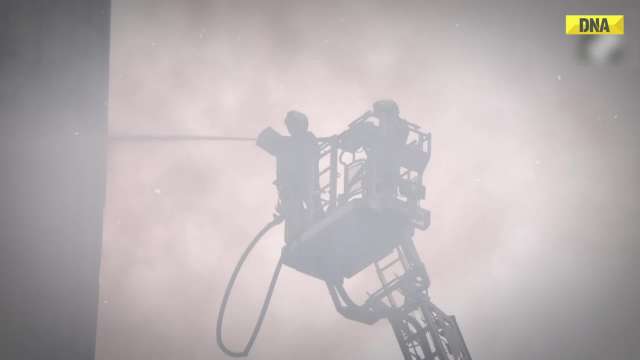
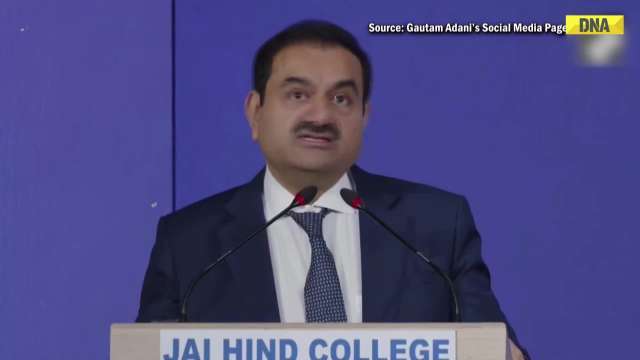



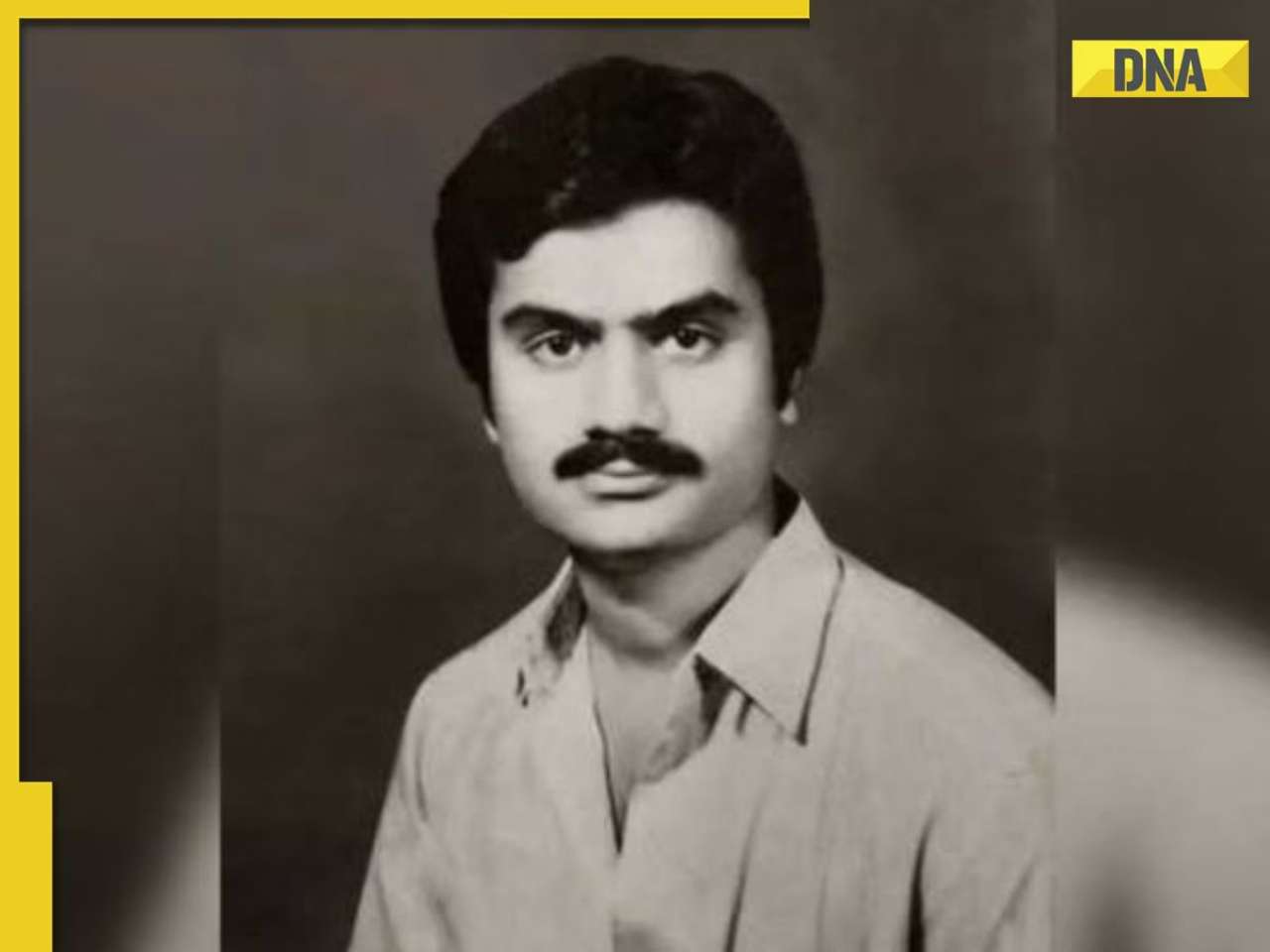
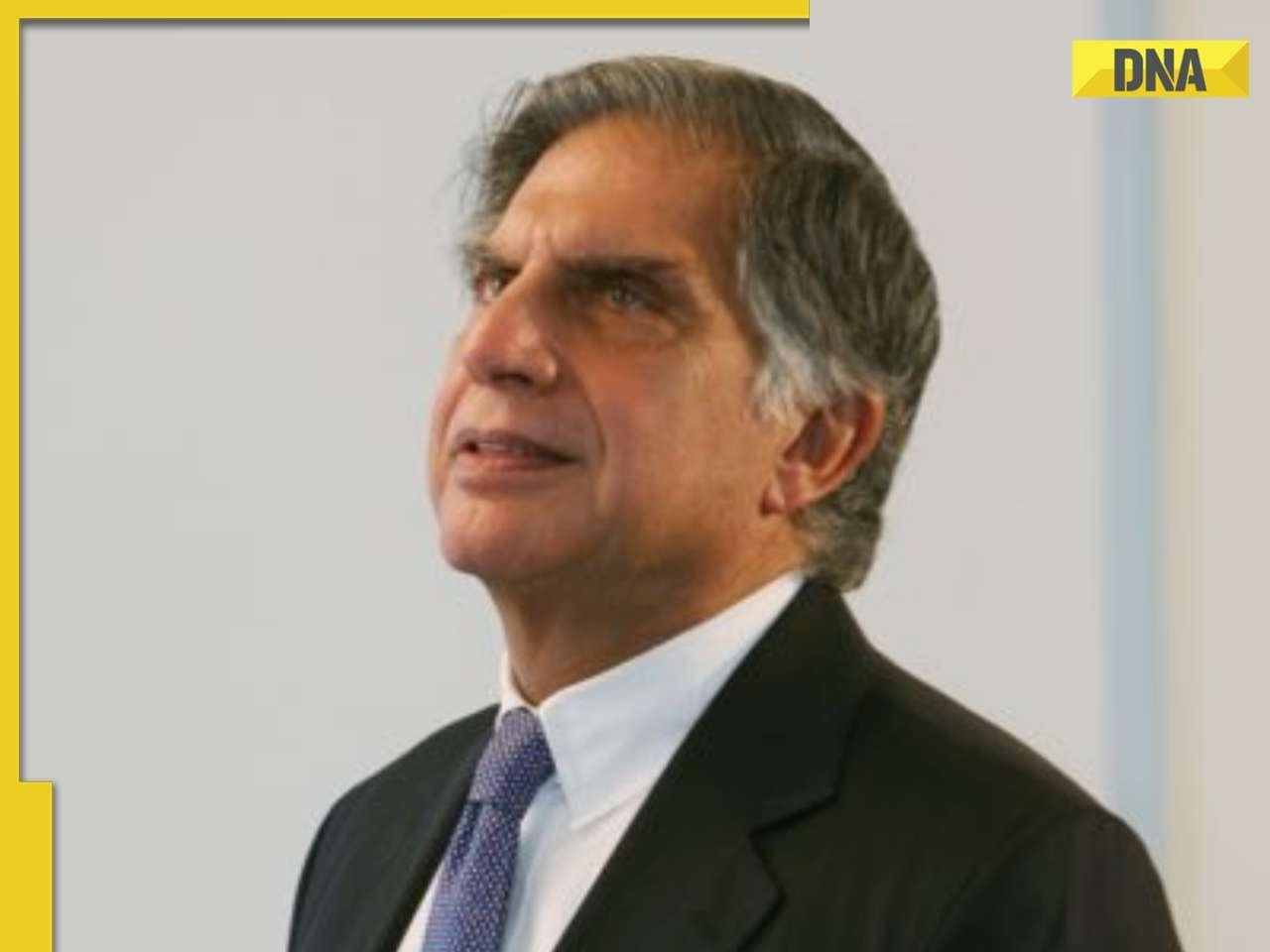
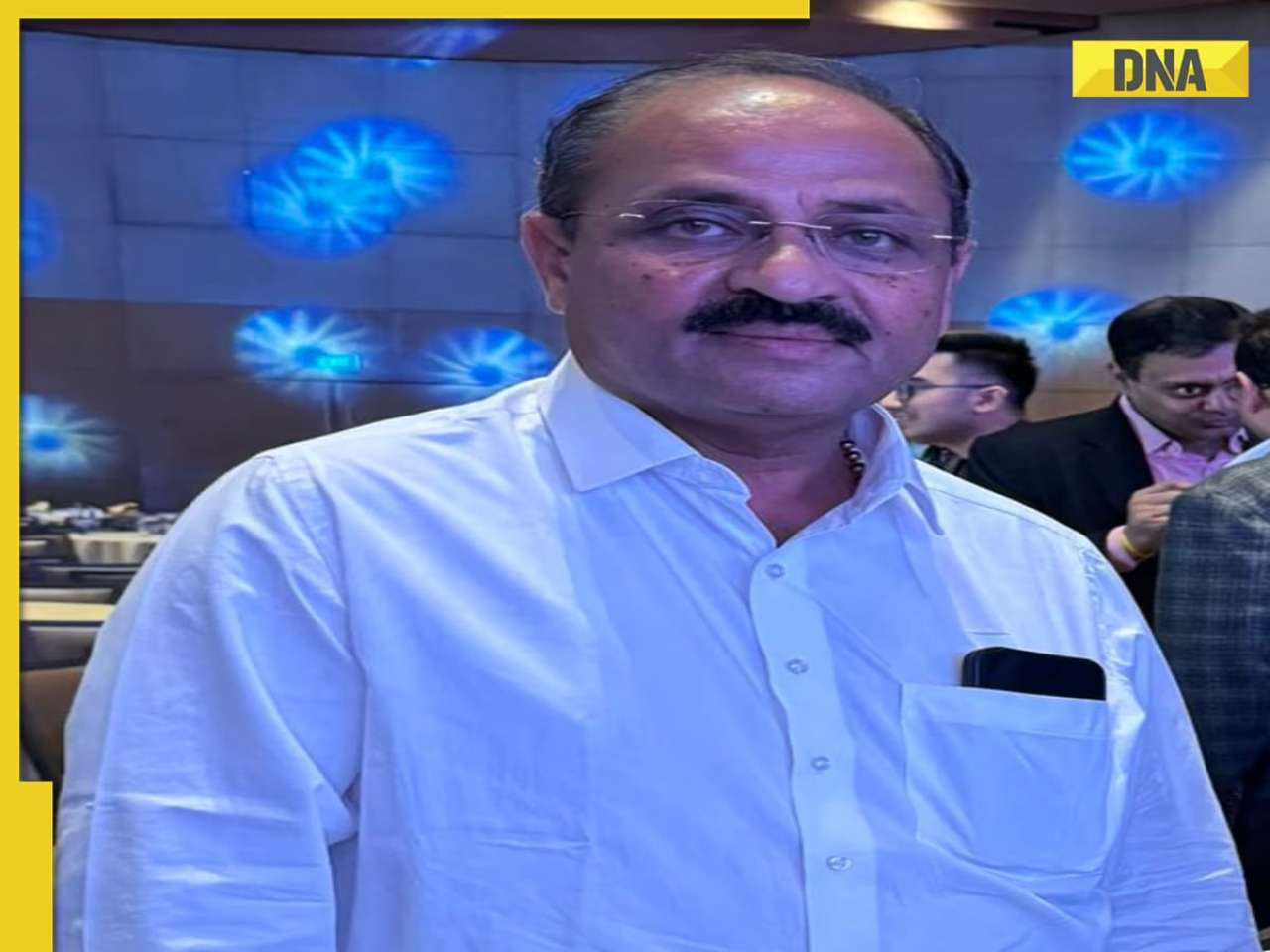
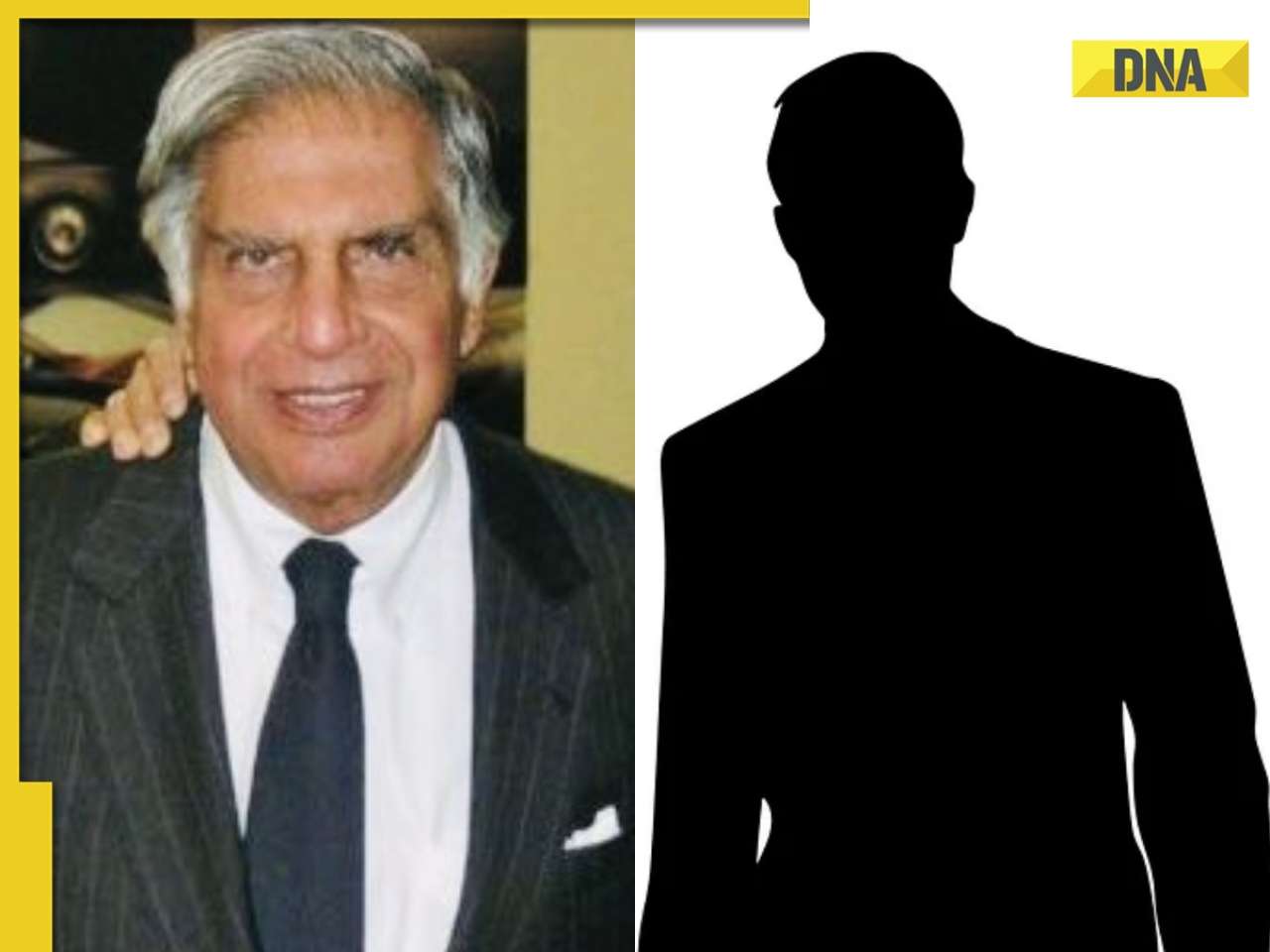








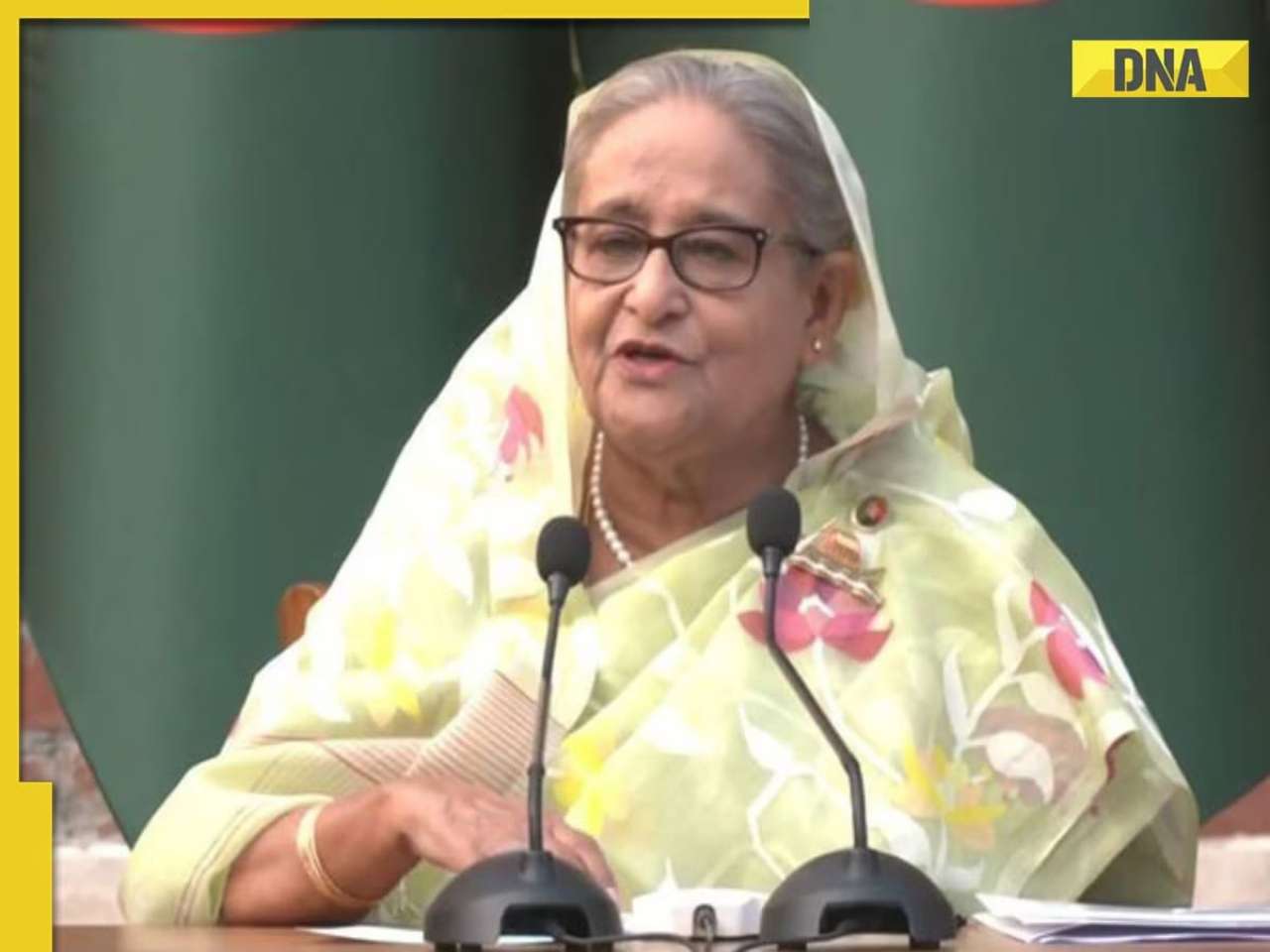
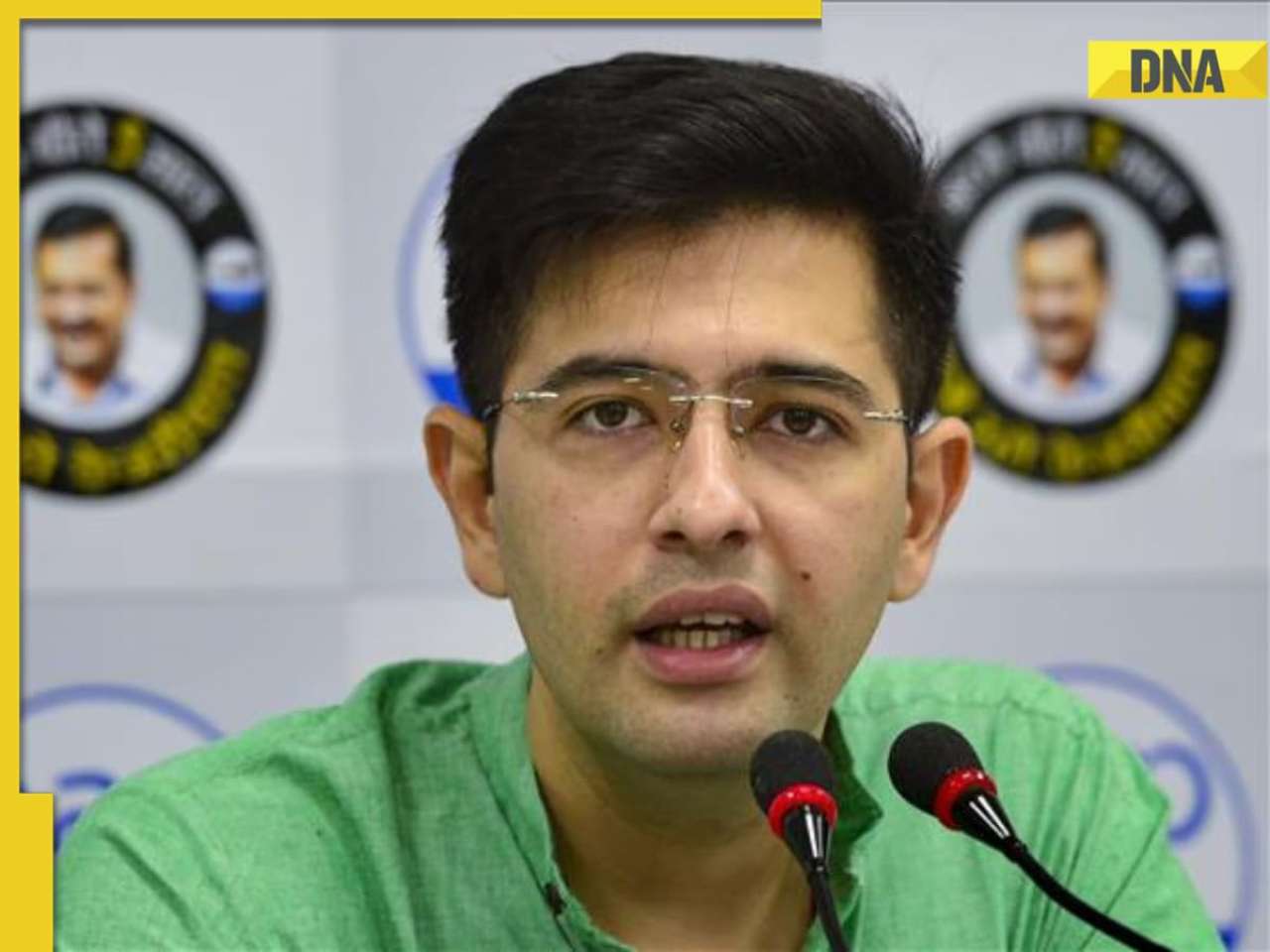

)
)
)
)
)
)
)
)
)
)
)
)
)
)
)





)
)
)
)
)
)